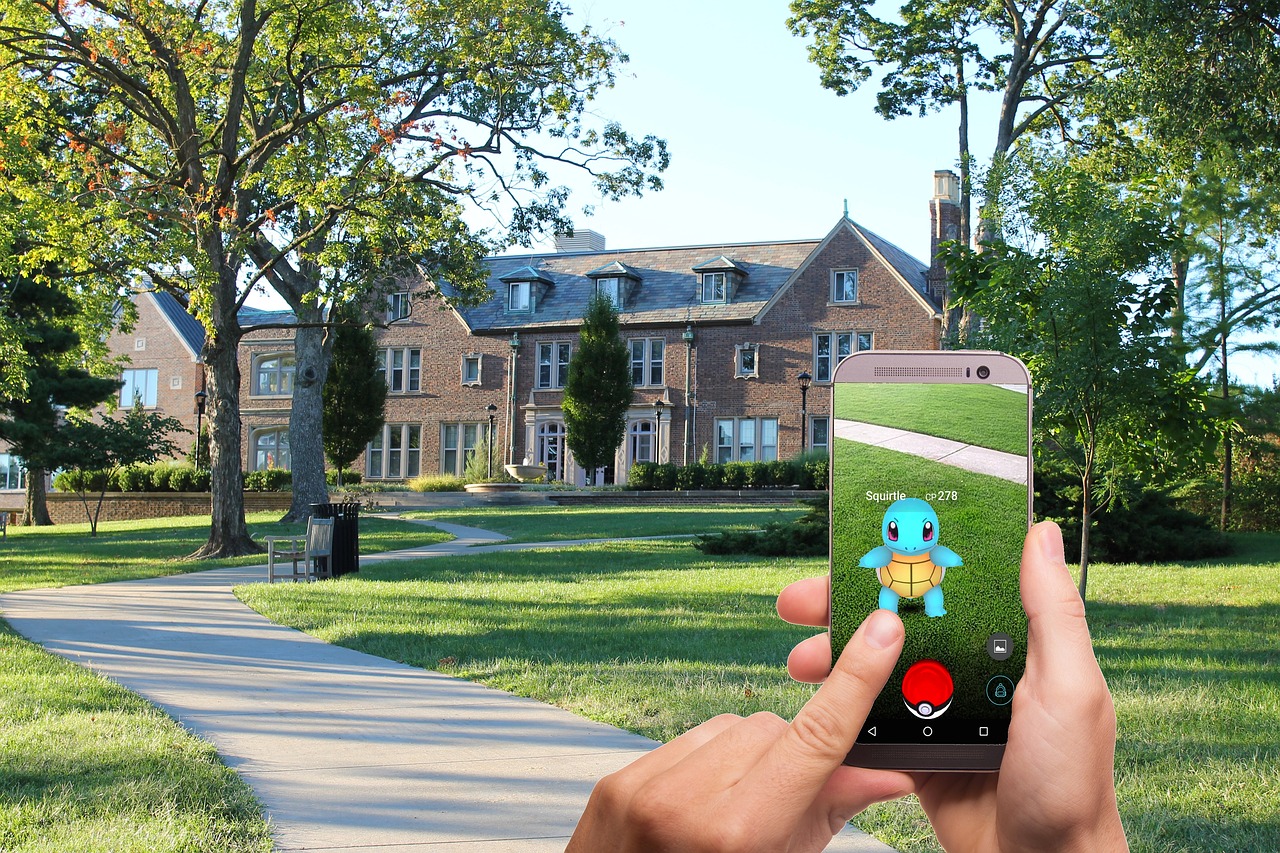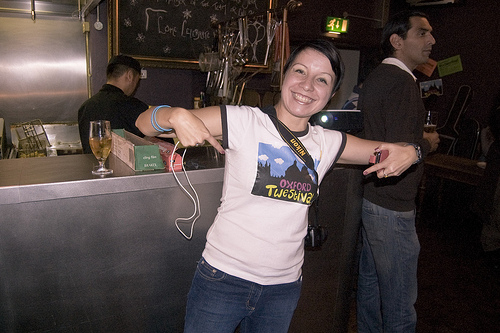
WHO announcing gaming addiction as a disease
What a start to the year. The World Health Organisation added gaming addiction to their list of disorders due to addictive behaviours defining it as follows:
Gaming disorder is characterized by a pattern of persistent or recurrent gaming behaviour (‘digital gaming’ or ‘video-gaming’), which may be online (i.e., over the internet) or offline, manifested by: 1) impaired control over gaming (e.g., onset, frequency, intensity, duration, termination, context); 2) increasing priority given to gaming to the extent that gaming takes precedence over other life interests and daily activities; and 3) continuation or escalation of gaming despite the occurrence of negative consequences. The behaviour pattern is of sufficient severity to result in significant impairment in personal, family, social, educational, occupational or other important areas of functioning. The pattern of gaming behaviour may be continuous or episodic and recurrent. The gaming behaviour and other features are normally evident over a period of at least 12 months in order for a diagnosis to be assigned, although the required duration may be shortened if all diagnostic requirements are met and symptoms are severe.
Hazardous gaming can be also found in the section on factors influencing health status or contact with health services:
Hazardous gaming refers to a pattern of gaming, either online or offline that appreciably increases the risk of harmful physical or mental health consequences to the individual or to others around this individual. The increased risk may be from the frequency of gaming, from the amount of time spent on these activities, from the neglect of other activities and priorities, from risky behaviours associated with gaming or its context, from the adverse consequences of gaming, or from the combination of these. The pattern of gaming is often persists in spite of awareness of increased risk of harm to the individual or to others.
Both definitions are quite sensible as they contain the limitations and definitions of healthy and unhealthy gaming habits, related to both online and offline gaming too. The initial reactions are obviously varied, but it’s a very brave step – one which is really difficult to judge at this stage because we simply don’t seem to have enough of research on the impact of online gaming and because online gaming is a very complex topic – one which is often demonised, but rarely taken seriously.
When the Americal Psychiatric Association contemplated adding Internet Addiction Disorder to their fifth edition of the Diagnostic and Statistical Manual of Mental Disorders(DSM–5) it became apparent that we are dealing with a complex set of potential mental disorders altogether. I strongly recommend this short but insightful summary by Mark D. Griffiths. In the end, after a consultation with the industry and look at available research (for example some here) they decided not to include the Internet Addiction Disorder in the DSM-V, but made a strong recommendation that the further research is needed. They also changed the definition of the gambling as a behavioral addiction rather than as a disorder of impulse control which also allowed them to include the internet gaming in this area. Internet Addiction Disorder does have a wiki page and is not a new term but it is still handled carefully by health professionals and the relevant bodies.
So today WHO announcing a new definition of gaming addiction and adding it to the list of mental disorders send a strong message to the world.
In this entire discussion, you will see three groups of voices. On one hand, there is the gaming industry, Silicon Valley, tech enthusiasts, and professionals, but also researchers who see a positive impact of online gaming (on kids in the UK you will find Sonia Livingstone doing a lot of work with EU too, in the US for research on youth online check out Danah Boyd, for positive impact of gaming Jane McGonigal and her twin sister Kelly, both here). On the other side of the spectrum, you will see media, governments, legal institutions and the general public using the online gaming as an easy scapegoat for issues that are complex and often unaddressed (problems with social isolation, self-esteem, anxieties, toxic relationships, aggression, poverty etc). And in the middle, you will find health professionals (GPs, therapists, youth workers even) who are expected to provide support to the community with a very little good research and stand from leading organisations, oftentimes simply not knowing what to do.
Gaming is not exactly a tabu topic but the opinions about it are divided and not always informed, which does not help the actual individuals who enjoy gaming and feel a positive impact of it, nor the gamers who struggle with addictive behaviours but simply cannot seek professional help. There are increasingly more and more reahbs, camps and other ideas to help, but an average parent or spouse might suffer and struggle because the web and the mainstream media scare us, terrify us even and simply don’t offer any practical solutions.
So when I mention that WHO’s move is brave I am really worried because an average web user or a member of the general public will most certainly now use this fact to demonise the online gaming even more and leave the suffering, addicted individuals to their own devices or simply switch the wifi off. This is not helpful as it does not address the roots of the problem. It makes it worse. On the other hand for the health professionals and researchers, the WHO’s decision opens the doors for more research and more action to offer professional support and almost forces governments to actually look into this and provide funds for that support. Initially it will be directed at the overall gaming disorder, of course, but the more we study it, we will realise its complexity and learn to separate the old problems (anxiety, social isolation, bullying etc) from the new ones (addictive feedback loops of some games, social media related complex reinforcement of self-esteem issues etc). We will learn how to talk about both Internet addictions and gaming addictions too.
I remain hopeful. I really worry that a lot of kids and adult games will suffer from a lot of negative labeling, but I hope they have networks to support them in this first phase. In the long run, I think this is a good move, a natural step in the process of unpacking something new. Something that has an impact on us but it’s so early. We simply don’t know what impact it has on us. It might be that one day we will realise that the web is just like the street – an avenue on which other mental issues, the already known ones, are born. It might be that the technologists are a bit blind and we will discover new mental disorders and learn to support people suffering from them.
What we all need to remember is that every one of us is different and we all react to new stimuli differently (well but also badly). Those of us who suffer from bad habits and see friends and children falling into the abyss of useless gaming really need to have a good look around to identify the why’s and help but also look at the positive impact of online games and accept it – which is not easy. Those of us who work in tech, gaming industry or simply are advocates of innovation, need to learn to accept the fact that every new piece of innovation can come with its curses. We cannot pretend that we don’t know people (of any age) who have suffered from too much gaming in their lives in some way.
So I do like the WHO’s definition as it defines the scope of the impact of the actual disorder – it looks at the negative impact on health and it does give a year to diagnose an individual too. But we have to remember that every new definition can very easily turn into a label and labels are not nice. They stop us from seeing the human behind it. Let’s hope we won’t go down this route. Ultimately it will boil all boil does to how open those discussions are going to be and how informed and research based the choices of decision makers are going to be.
As a student therapist, I am happy to see that the health professionals will hopefully receive more support in this new and already fast-changing area of our lives.




3 Comments
Sylwia Presley on behalf of a "troubled mum"
If a label gets people the help they need, bring it on.
I welcome this. Perhaps now gaming addiction will get the attention ut deserves and healthcare professionals will start to look at solutions.
Thus far, most mental health professionals blame poor parenting. I doubt many have witnessed true addiction, which can lead to violence, family break down and theft – social isolation is a way milder consequence.
The games industry needs to recognise that its products, deliberately designed to be ‘sticky’, can prove every bit as toxic as alcohol, drugs and other compulsions.
[Update from Sylwia: this was edited to not to show the original author as per their request, copy is untouched]
Pingback:
Pingback: